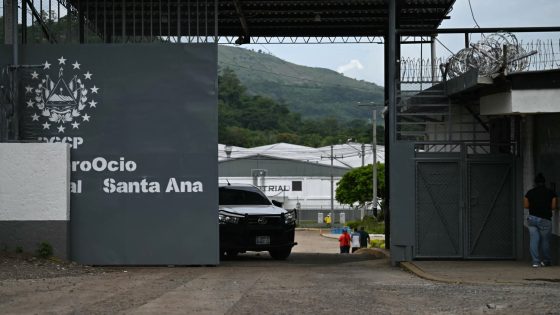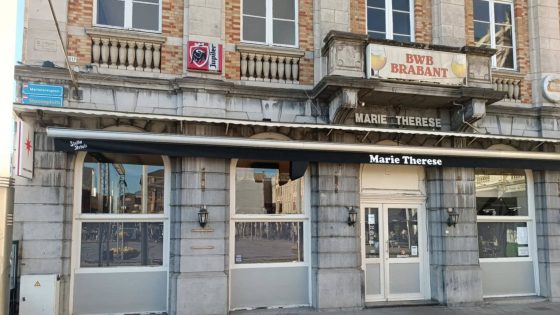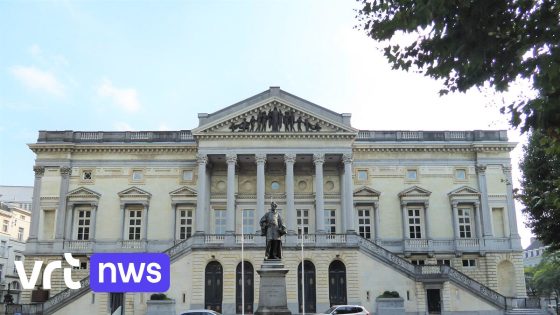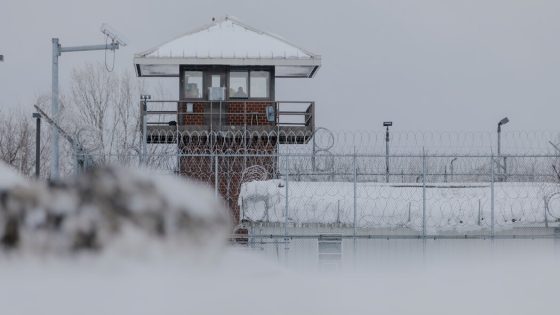In a significant turn of events, Kilmar Abrego García, a man wrongly deported to El Salvador, has returned to the US to face serious human smuggling charges. This case highlights ongoing concerns about the complexities of immigration enforcement, particularly as it relates to justice and human rights. As the situation unfolds, it raises questions about the implications for US immigration policy.
- Man deported to El Salvador returns to face charges
- Kilmar Ábrego García's legal issues in the US
- Human trafficking charges against Abrego Garcia
- Questions raised about Trump's justice views
- Coverage from multiple news outlets on case
On June 7, 2025, García was indicted on multiple charges, including human trafficking, and is set to appear before a judge in Nashville. His return has sparked discussions about the treatment of individuals caught in the immigration system and the broader implications for those seeking justice in the US.
This situation prompts us to consider the effectiveness of current immigration policies. Are they truly serving justice, or are they creating more victims? As García’s case progresses, the following points emerge:
- The impact of wrongful deportations on individuals and families.
- How immigration policies can affect the prosecution of human trafficking cases.
- The potential for reform in the US immigration system.
As this case develops, it is essential for policymakers and the public to engage in discussions about how to improve the immigration system. Will this lead to meaningful changes in how justice is served in the US?
































